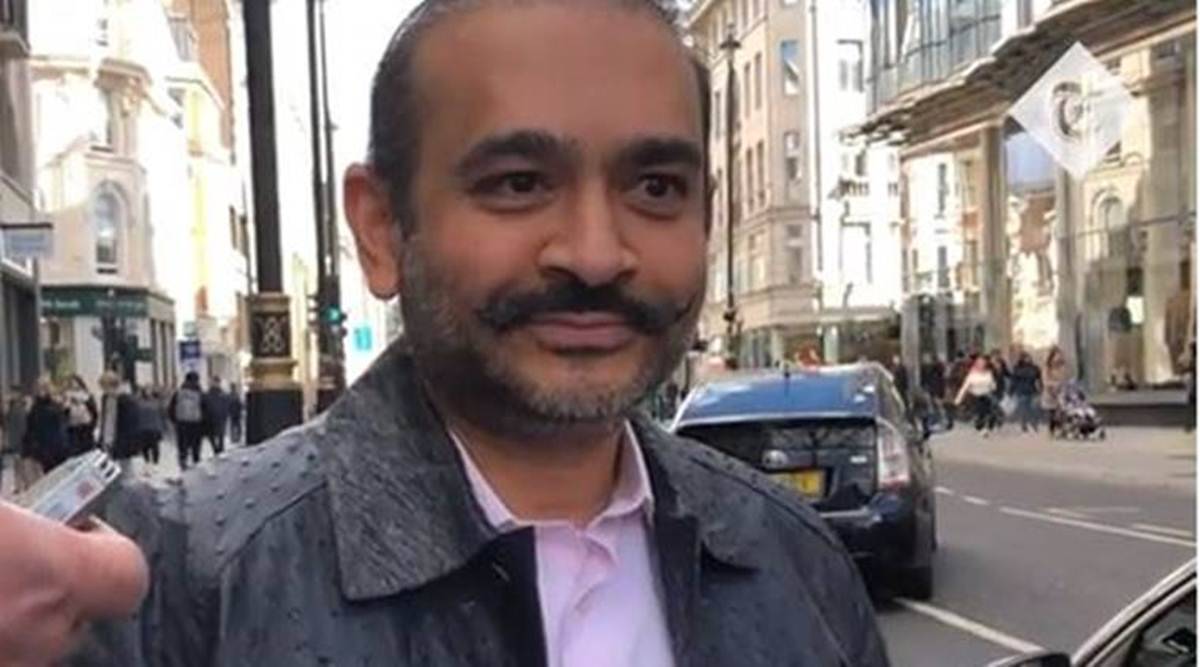London: The case for the extradition by the Government of India of Nirav Deepak Modi (RP, Requested Person) is being seen as a landmark case setting a really important precedent that it is possible for defendants to get a fair trial in India. The old arguments that fugitives and terrorists have used about overcrowding and unsanitary conditions in Arthur Road Jail no longer have any traction.
The case was heard at Westminster Magistrates Court. The RP appeared virtually from HMP Wandsworth, by special arrangement. District Judge Sam Goozée summarised the two charges, first from the CBI for a large scale “Ponzi-like” fraud on the Punjab National Bank (PNB) and from the ED for laundering the fraud; the first case has two extra charges of interfering with the CBI investigation by disappearing evidence and intimidating witnesses.
District Judge Goozée was mildly critical of the way the Government of India (GOI) had presented the evidence. SDJ Arbuthnott made the same comment in the Vijay Mallya hearing. In this case, it was the 32 lever arch files which were difficult to navigate. An advice was issued to GOI to remedy this in the future.
NDM’s Counsel presented five challenges to the extradition. In 2018, Avneesh Nepalia, deputy manager of PNB, reported large-scale fraud perpetrated by NDM (Nirav Deepak Modi) and some of his associates. The allegations centre
The cumulative sum of the 150 LOUs was INR 6498.20 crore (USD 1015.35m). Three companies in the NDM Firestar group are involved, some PNB employees were conspirators and NDM appointed “dummy partners”. Illiterate farmers were given modest rewards, in the “3P partnership companies” some of which were located in Hong Kong and Dubai. A critical server in Dubai with records of all of NDM’s businesses was destroyed as were mobile phones and other devices; 50 cartons of critical evidence were removed from PNB, then concealed in the law firm Cyril Amarchand Mangaldas (CAM) with the intention of preventing that evidence being discovered by investigators. Witnesses were transported to Cairo and allegedly intimidated.
All NDM’s accomplices are named in the charges. District Judge Goozée ran through the evidences. NDM’s counsel argued it was in reality a commercial dispute initiated by the PNB refusal to issue LOU on the 31 same terms as it had before.
District Judge Goozee was satisfied that there was evidence upon which NDM could be convicted in relation to the conspiracy to defraud the PNB. A prima facie case was established. There followed extensive evidence relating to the law firm CAM, and videos of so-called the terrified dummy partners, the server hard discs that was destroyed by “the firm of Pakistani Nationals”, how Cairo might have been an escape route back to India; recordings of threats and intimidation were presented.
Considering all the findings in the evidence given, District Judge Goozée determined there was evidence upon which Nirav Modi could be convicted in relation to the conspiracy to pervert the course of justice and the standalone conspiracy to pervert the course of justice by threatening to kill Ashish Lad. Another prima facie case is established.
Justice Thipsay, a former High Court Judge, had some queries about the validity of the charges under the Indian penal code as there had been no “victim who had been deceived”. This was disregarded by District Judge Goozée, and the role of Justice Thipsay’s membership of the Congress party was examined, also his courtship of the media was not admired.
On the issue of a fair trial in India, NDM Counsel submitted the case had been prejudiced by politicians and commentators. They claimed NDM’s guilt was being actively promoted by the BJP as part of its campaign messaging. They referenced the case of Christian Michel. At this point Justice Markandey Katju arrived by live-link from India. Justice Katju described “the Supreme Court having become subservient to the Indian Government” which he describes as “spinelessness and servility”. Justice Katju made some very extreme comments suggesting that Indian courts have become politicised, thus the RP would not get a fair trial. But District Judge Goozée found no evidence that if extradited, NDM was at real risk of suffering a flagrant denial of justice.
Finally came the assessment of the conditions at Arthur Road prison. The RP’s comfort, hygiene, diet, exercise requirements, medical needs were all evaluated and assured by the GOI. Similar assurances as were given in the case of Vijay Mallya. This time yoga and meditation, daily newspapers, television and video conferencing facilities were available. District Judge Goozée was provided with a video of Barrack 12.
There followed several accounts of the RP’s fragile mental health and how Barrack 12 might be an unhealthy environment for the RP. District Judge Goozée concluded that NDM was fit to plead—even if depressed he was not immediately suicidal. In relation to the submissions that NDM’s mental health was now such that it would be unjust or oppressive to extradite him, that challenge also failed. He was satisfied the RP’s extradition to India was compatible with his Convention Rights within the meaning of the Human Rights Act 1998, meaning that the prison conditions were acceptable.
The case is now with the Home Secretary Priti Patel, for a decision on whether Nirav Deepak Modi is to be extradited. NDM has the right to appeal to the High Court against the decision. He was informed that if he exercised his right of appeal, the appeal would not be heard until the Secretary of State had made her decision. The appeal can be on a point of law or fact or both. Notice of appeal must be given in accordance with the rules of court before the end of 14 days, starting with the day on which the Secretary of State informs him.
Nirav Modi case: India’s ‘unsanitary jails’ no longer a valid argument in UK courts
इस शब्द का अर्थ जानिये
- Advertisement -

